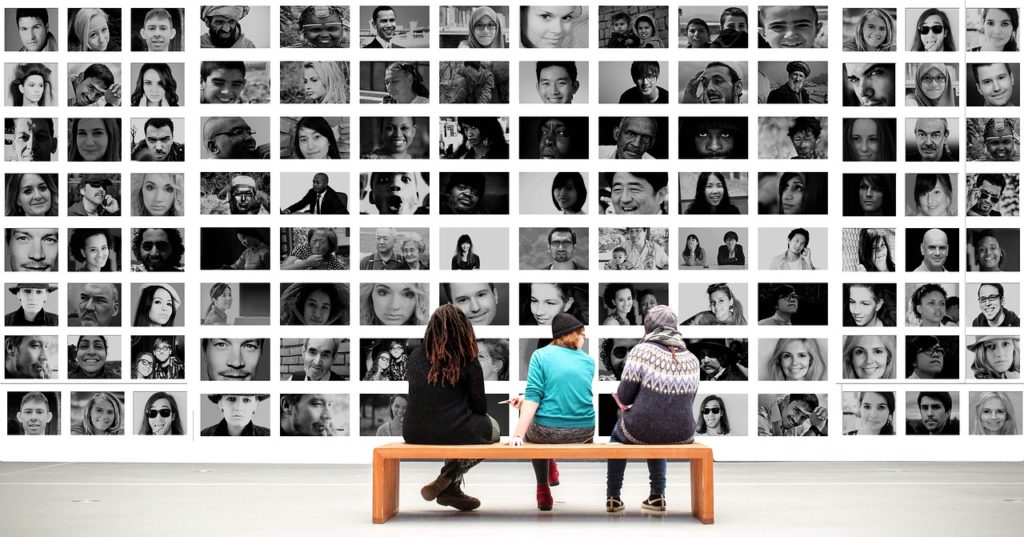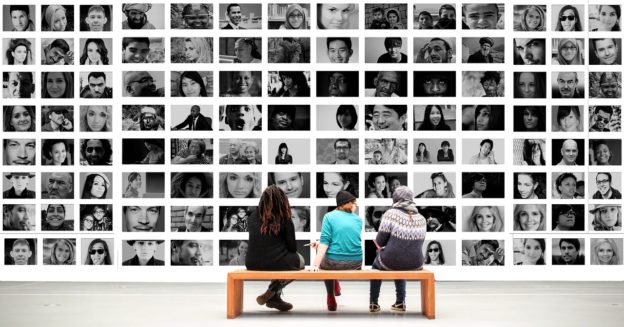
Recently, news broke that an AI-powered facial recognition technology used by law enforcement was actually biased against, well, pretty much everyone other than white men. This news hit the public like a slap in the face, but it's something I've been seeing behind the scenes for some time now. Artificial intelligence as a technology isn't good or bad – it just is.
AI, at its core, is like a toddler. Over time it learns and can improve its capabilities, but it isn't smart enough to know the context and impact of its decisions in most cases. If we use it properly and with care, we can improve outcomes (including those related to D&I). If we use it carelessly, we can hamper our efforts and limit success both for our people and for our organizations more broadly.
In my book, Artificial Intelligence for HR, I talk about how employers can leverage AI technology to hire, develop, and engage their people, helping them to achieve the best results. It’s really a book about how to be more human at work (with fun stories and examples sprinkled throughout). Today we'll explore some of the insights from my team’s research to make this conversation more concrete and actionable.
Negative Effects of AI
When you think about the negative impacts of artificial intelligence, your mind inevitably goes to something you've probably seen in a science fiction movie. Robots. Killer AI It's a cliché, really, but the AI that I'm talking about today is less overt in nature.
Artificial intelligence algorithms are now being used for everything from child welfare to recidivism rates. If incorrect data are used, or if the algorithm has an underlying bias, then the results could be disastrous for those on the receiving end of the decision.
Within the workplace, AI can cause flaws in recruiting decisions, causing employers to avoid hiring qualified women and minorities. Amazon was courageous enough to come out last fall and share its own challenges with this process. Though some have disparaged the company for its results, I believe sharing the cautionary tale is a laudable act on the company's part if it helps other firms realize the challenges that may exist.
Positive Effects of AI
At the same time, the positive opportunities presented by AI simply can't be ignored. In a recent podcast interview with IBM's Distinguished Engineer Lisa Seacat Deluca, she explained to me that the best way to create unbiased algorithms is to have a diverse team creating the software. This prevents groupthink and helps the team to think through outcomes for a variety of diverse individuals, not just a single group.
Let's look at a few use cases for how AI can help in the workplace:
- Uber uses an algorithm to set pay rates and schedule shifts for drivers, which allows it to cut the gender pay gap by half of what it is in the open market, improving pay equity for the more than 2 million drivers across the globe.
- Unilever utilizes automated assessments and asynchronous video interviews to find talented, diverse college graduates to join its team. Moving away from a purely human-driven approach has increased diversity and candidate satisfaction.
- Last fall I coached a startup in the HR Technology Conference “Next Great HR Tech Company†competition. The firm uses a chatbot to consume employee feedback surveys and performance review data to help coach managers on their individual performance issues, developing them into better leaders. If we developed all leaders, including diverse ones, then we would see more representation in the C-suite than we do today.
As you can see, the value in having an unbiased approach can lead to better outcomes on a range of factors, including diversity. That's because machines are really great at certain things, but they're terrible at others. That's where humans come in.
The Core Human Skills of Work
When we look at history, every time automation has happened the resulting jobs are more human than the ones before them. We automate the more “robotic†components of the job, leaving it fundamentally changed. This means jobs will continue to shift into more human components, and soft skills will become key traits for employers to develop and seek. In researching dozens of sources, I found a core set of skills that we need to prioritize as employers so we don't get tackled from behind by this algorithmic era.
Those skills include compassion, collaboration, creativity, critical thinking, and curiosity. I share more about them in this article, if you want to learn more, but it's essential that we look for ways to develop these skills in ourselves and in our teams. Work is an essential component of being human, and these core human skills will set us apart from the AI, algorithms, and bots for the foreseeable future.
 Remote work has been around for a while, but it’s only in recent years that the conversation around the phenomenon has grown. With better Internet connectivity across the globe and a changing work culture, remote work has become increasingly popular. It also benefits employers with Owl Labs finding that full-time remote workers are 22% happier in their jobs than people who never work remotely. According to the same survey, remote workers have increased productivity and focus, less stress, and a better work-life balance. Owl Labs also found that employees offered work from home arrangements reported better company loyalty.
Remote work has been around for a while, but it’s only in recent years that the conversation around the phenomenon has grown. With better Internet connectivity across the globe and a changing work culture, remote work has become increasingly popular. It also benefits employers with Owl Labs finding that full-time remote workers are 22% happier in their jobs than people who never work remotely. According to the same survey, remote workers have increased productivity and focus, less stress, and a better work-life balance. Owl Labs also found that employees offered work from home arrangements reported better company loyalty. All businesses have growth patterns. Rather than being a straight line to profitability and rapid growth rates, they tend to run in a prolonged pattern, followed by one or more periods of stagnation.
All businesses have growth patterns. Rather than being a straight line to profitability and rapid growth rates, they tend to run in a prolonged pattern, followed by one or more periods of stagnation.

